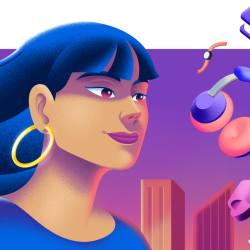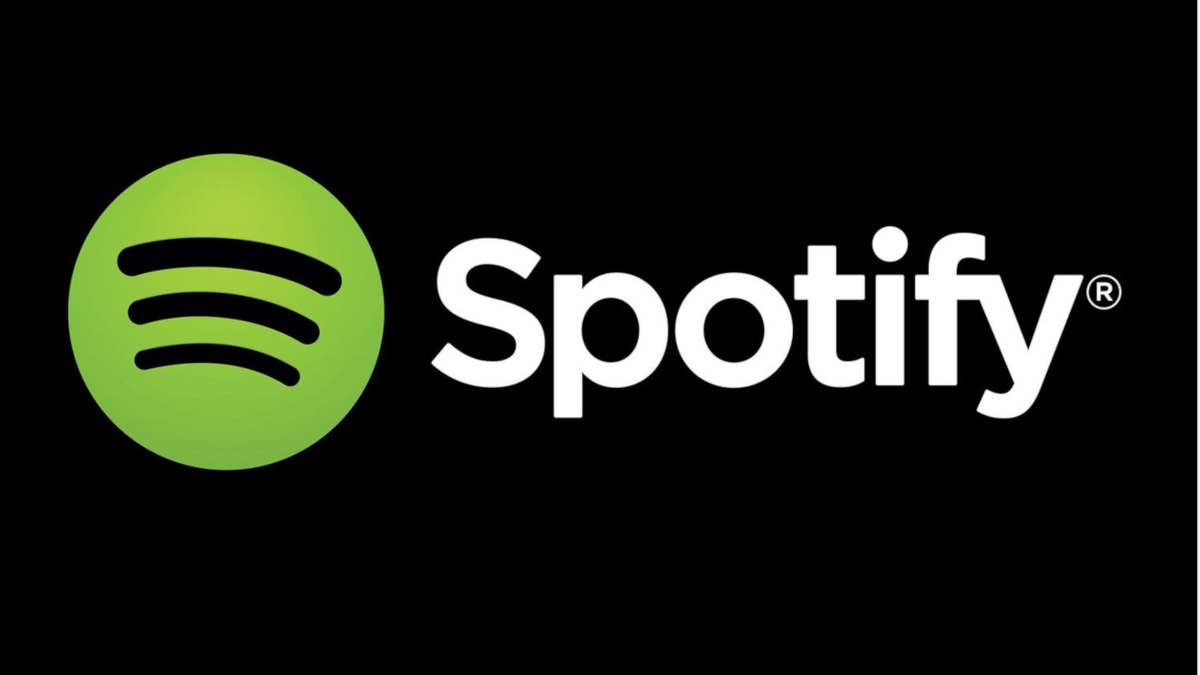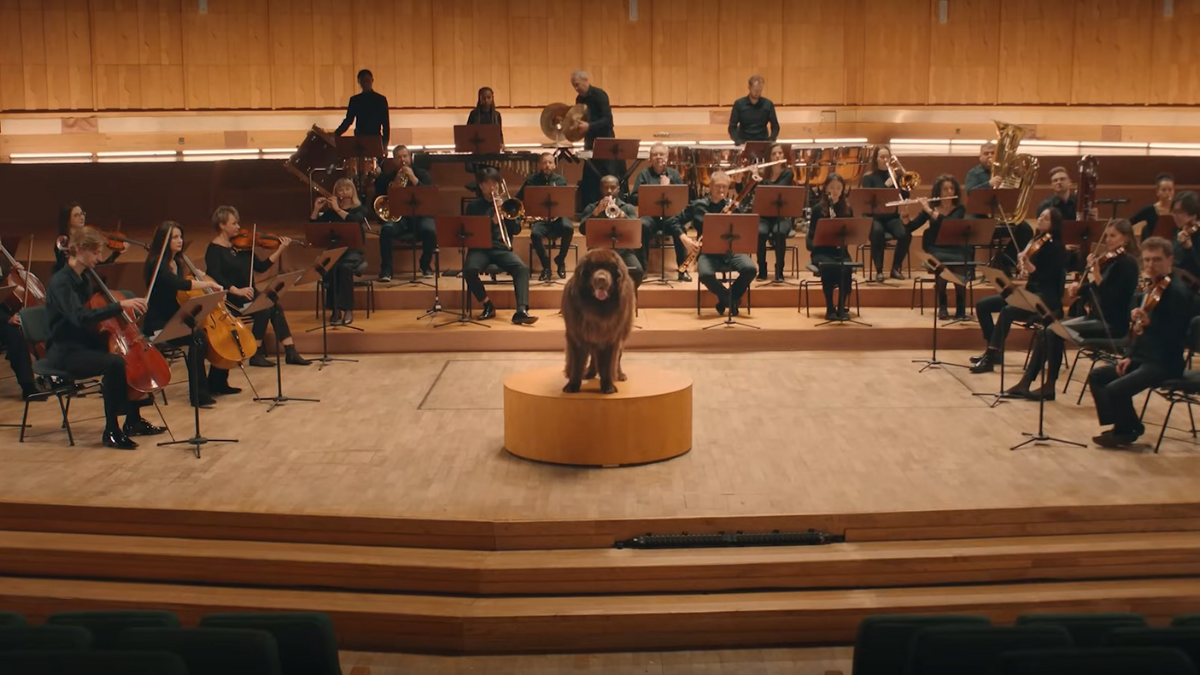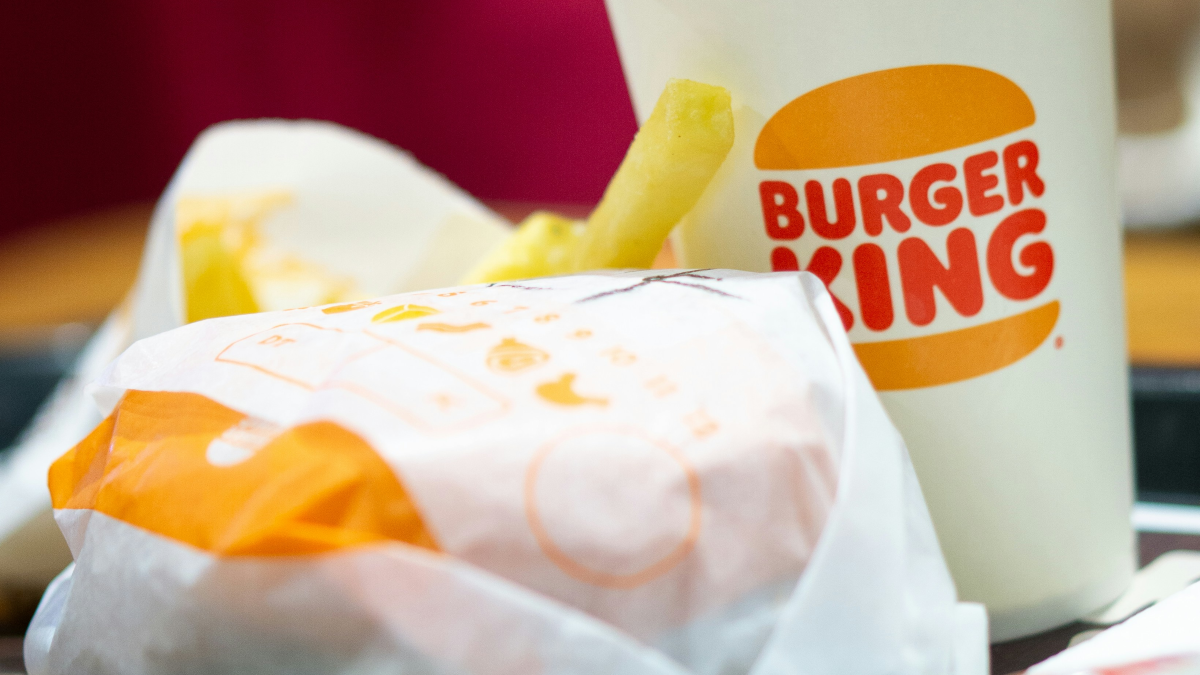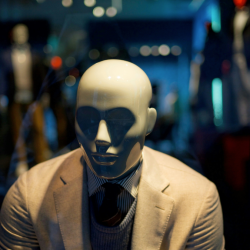The future of customer experience isn’t just exciting, it’s personal, hyper-personal. In a world where the swipe of a thumb decides the fate of content, brands are in a relentless race to capture and keep our attention. And this race isn’t about speed, it’s about precision. This world of ‘hyper-personalisation’ is driven by Artificial Intelligence (AI) and Machine Learning (ML), and it’s transforming how brands interact with audiences, with the ever-growing power and ability to turn generic encounters into bespoke experiences. But what’s behind this metamorphosis and how are the big players leveraging their new power?
Battling sleep with recommendations
Ah, Netflix, the digital behemoth that redefined the concept of ‘binge watching’ has turned hyper-personalisation into an art form. Reed Hastings, Netflix’s CEO, once suggested that their biggest competitor isn’t another streaming service. Oh no, that would be far too basic. Their biggest competitor is, in fact, sleep itself. This isn’t hyperbole. Netflix’s recommendation engine is a marvel of machine learning. The platform is designed to predict our viewing desires with uncanny and unmatched accuracy. By deeply interpreting viewing habits such as time of day, watch speeds, and even scrolling patterns, Netflix adapts and curates a personalised viewing experience that keeps us hooked. Their aim is to make sure we never have to scroll, think or consider, and the next bingeable series we’re going to get jacked on is poised the moment we complete the former. Bloody clever, and mildly dystopian.
The result: 80% of watched content stems from recommendations, saving Netflix an estimated $1 billion annually, by reducing churn and lost viewing time. Now this is data done right. This level of personalisation ensures that users are continually presented with content that resonates, minimising friction of choice and maximising engagement.
The soundtrack of your life
Spotify takes personalisation a step further by becoming the soundtrack to our lives. Its famed and fabulous ‘wrapped’ feature doesn’t just recap your year in music, it’s a personalised narrative that transforms data into a shareable story, and makes us subscribers their boots-on-the-ground advocates. Thank you, free social. Anyone else not shared one year because of the shame in your top five? Just me then.
The genius of Spotify truly lies in its day-to-day recommendations and selections, like Discover Weekly and Daily Mix playlists. We all know how Spotify uses AI and ML to analyse listening habits, creating bespoke aural experiences for each user, but do we quite realise how the use of data is so instrumental in Spotify’s growth?
These features have nurtured Spotify’s 456 million users and 195 million paying subscribers (as of 2023), in a way no other platform has. The personalised experience has turned casual listeners into loyal subscribers and advocates, demonstrating the potent effect of tailored content, and the platform only increases its position with the addition of audiobooks, video content and courses.
Because health should always be personal
While entertainment companies like Netflix and Spotify set the gold standard, hyper-personalisation isn’t confined to tech-based leisure. The health tech industry is embracing AI to deliver bespoke wellness solutions at a vast pace. Zoe is a pioneering health tech company using stacked data to offer personalised nutrition advice. By analysing an individual’s blood sugar responses and dietary habits, Zoe provides tailored dietary recommendations to optimise potential health outcomes.
This approach is innovative and challenging our entire diet industry, whilst upsetting some of the Type I diabetics community who are unable to get their flash glucose monitors. With personalised nutrition plans to ensure that individuals receive advice tailored to their unique biological makeup and needs, their customers are experiencing significant improvements and adherence. This shift from generic to personalised advice marks a new era in health and wellness, and it’s seismic.
Always question the ethics
However, with great power comes great responsibility. Hyper-personalisation, whilst clearly beneficial and an experience game changer (a real one), raises significant ethical questions. The collection and analysis of vast amounts of personal data necessitates stringent and never before created, or even conceived, privacy measures.
We’re collecting so much data that we simply don’t know what to do with it, or how it might possibly be used in the future. Brands and businesses must navigate the fine line between useful personalisation and potentially intrusive surveillance, and be open to those conversations, now. Transparency about data usage and robust data protection policies are paramount to maintaining consumer trust, and beyond. And not to go too doom and gloom, but there’s the risk of creating echo chambers, where algorithms reinforce existing preferences and biases, limiting people’s exposure to diverse content and viewpoints. Brands need to ensure their algorithms promote discovery and exploration, rather than just reinforcing the familiar. We’re seeing that damage in global politics right now.
The future of hyper-personalisation
So, what’s next for hyper-personalisation? As AI and ML evolve, the possibilities are endless. No, really. The integration of Augmented Reality (AR) and Virtual Reality (VR) will take personalisation to new heights, offering immersive, tailored experiences that will blur the lines between digital and physical realms. Phygital is here, just once they’ve solved the heaviness of the headsets. As our data sets and corresponding algorithms become more advanced, predictive analytics will continue to power forward at an increasing pace, enabling brands to anticipate needs and desires with even greater accuracy through hyper-targeting.
This means that the brands of the future will not just respond to our wants but will foresee them, crafting experiences that feel almost intuitive. Anyone else already think that their phone’s listening?
So what the hell does all this mean for my brand?
Whether you’re advising brands or steering one yourself, leaning into hyper-personalisation is a smart move. In the attention economy, where every second counts and hyper-personalisation is not just a strategy, it’s a necessity, embracing AI-driven personalisation can create experiences that are not only engaging but deeply personal.
The businesses that master the art of personalisation will lead the way in customer satisfaction and loyalty like never before. So, the next time Netflix suggests a show or Spotify curates a playlist just for you, take a moment to appreciate the complex layers of data and algorithms that made it possible. Personalisation for all is well and truly underway.
Featured image: Spotify

